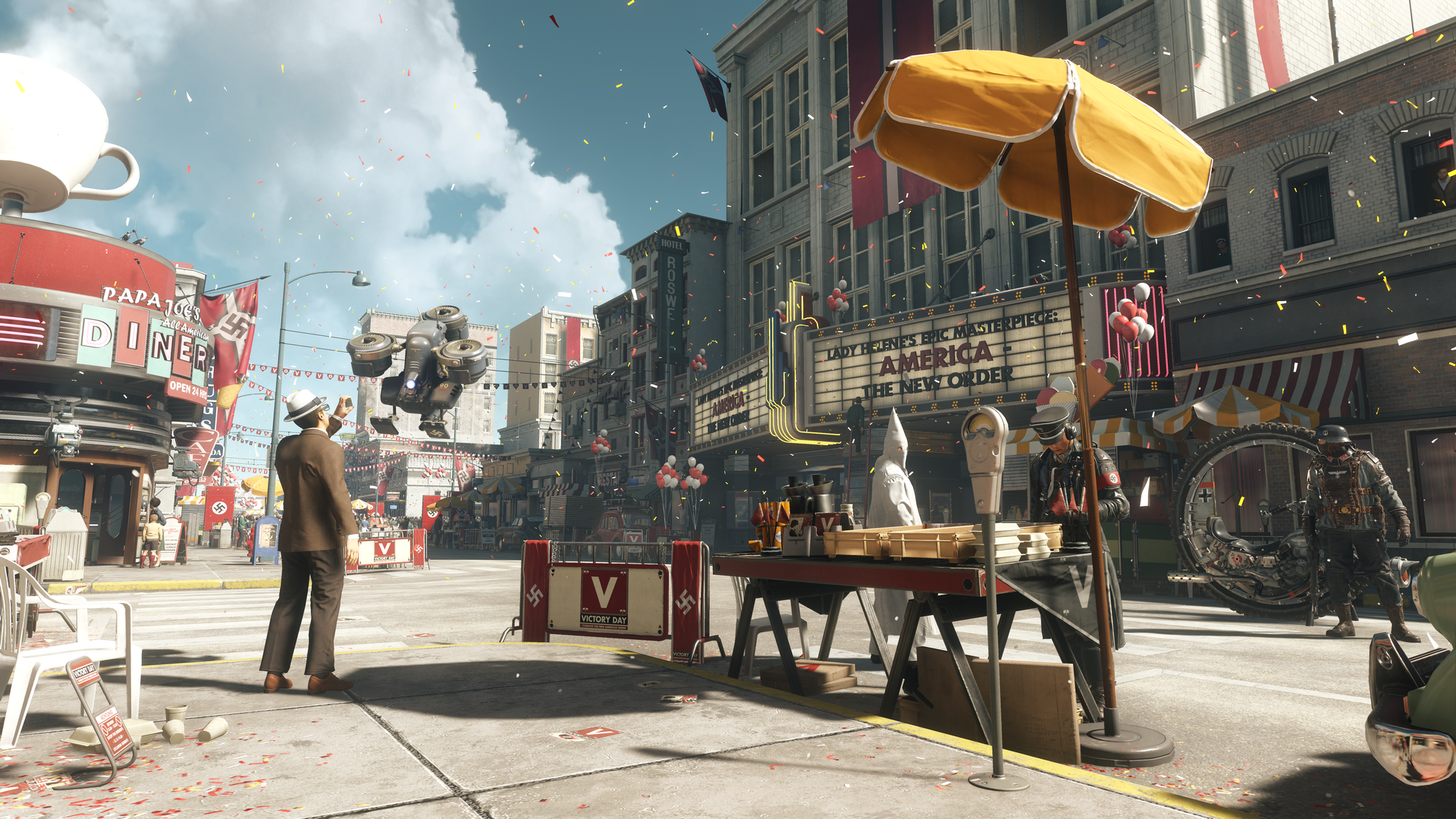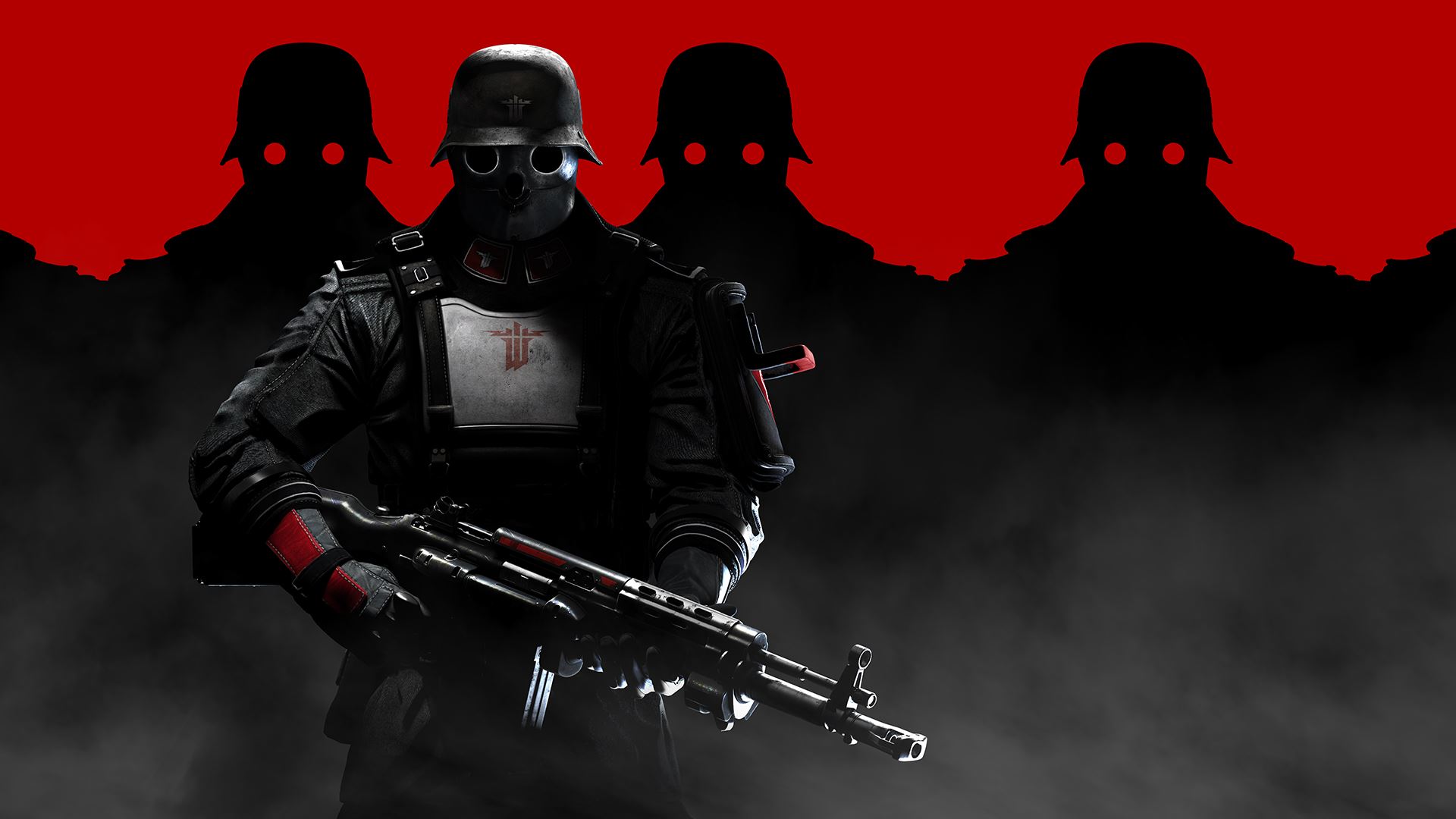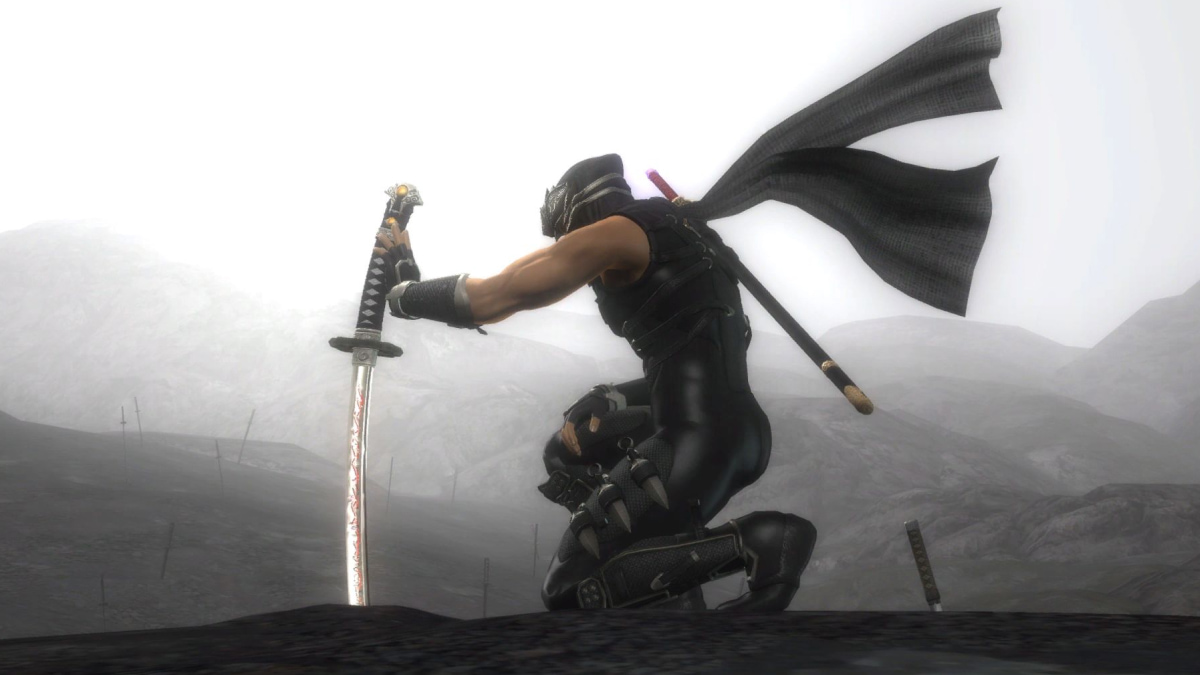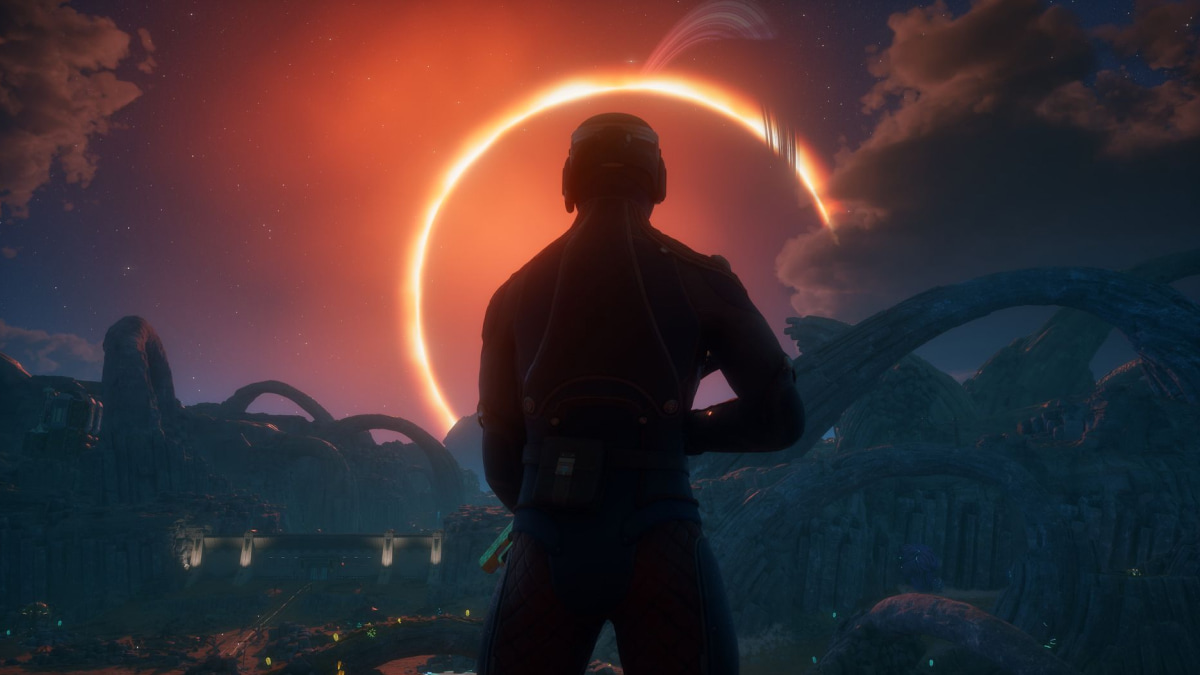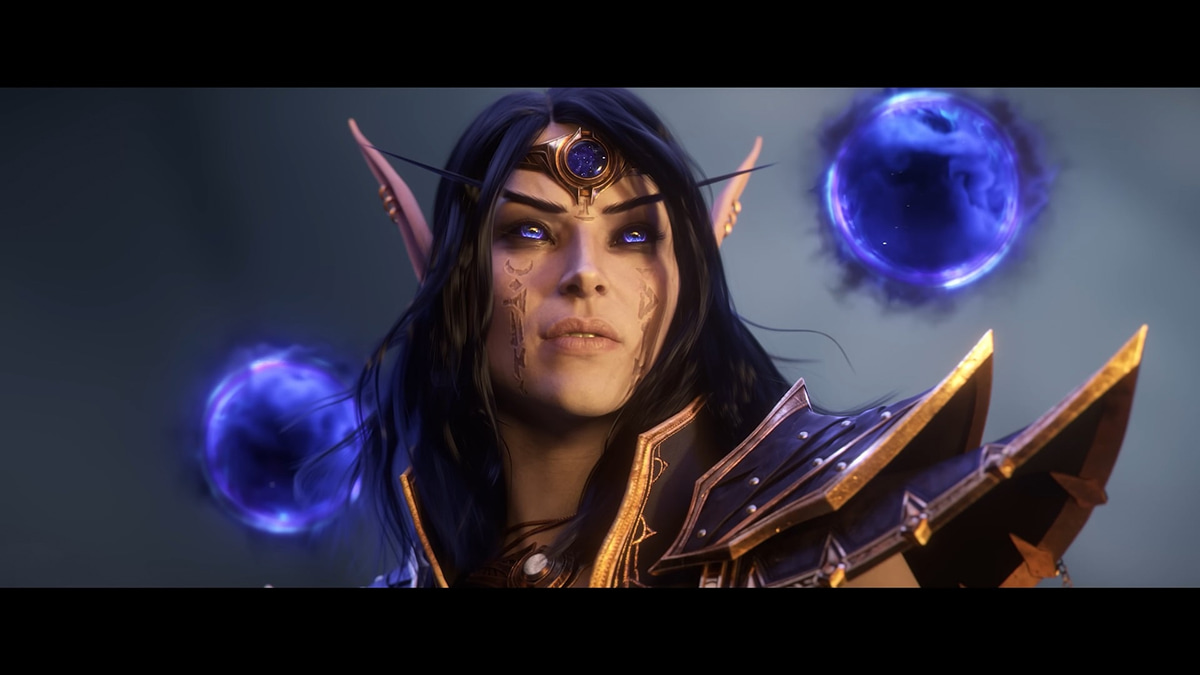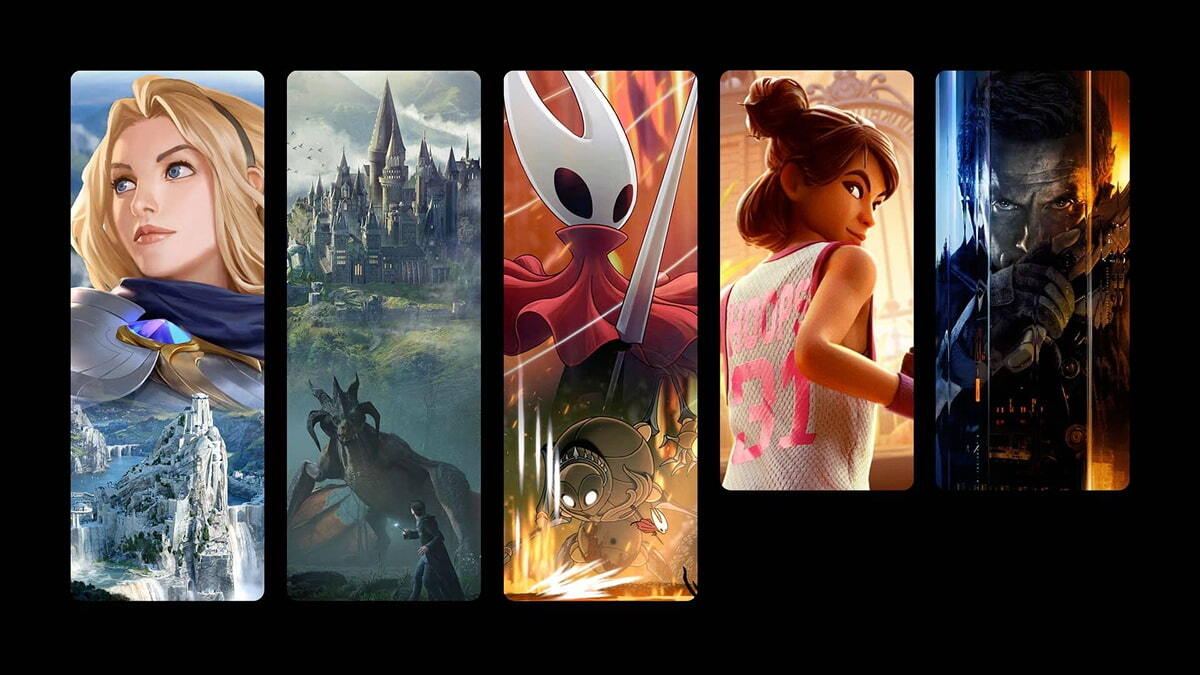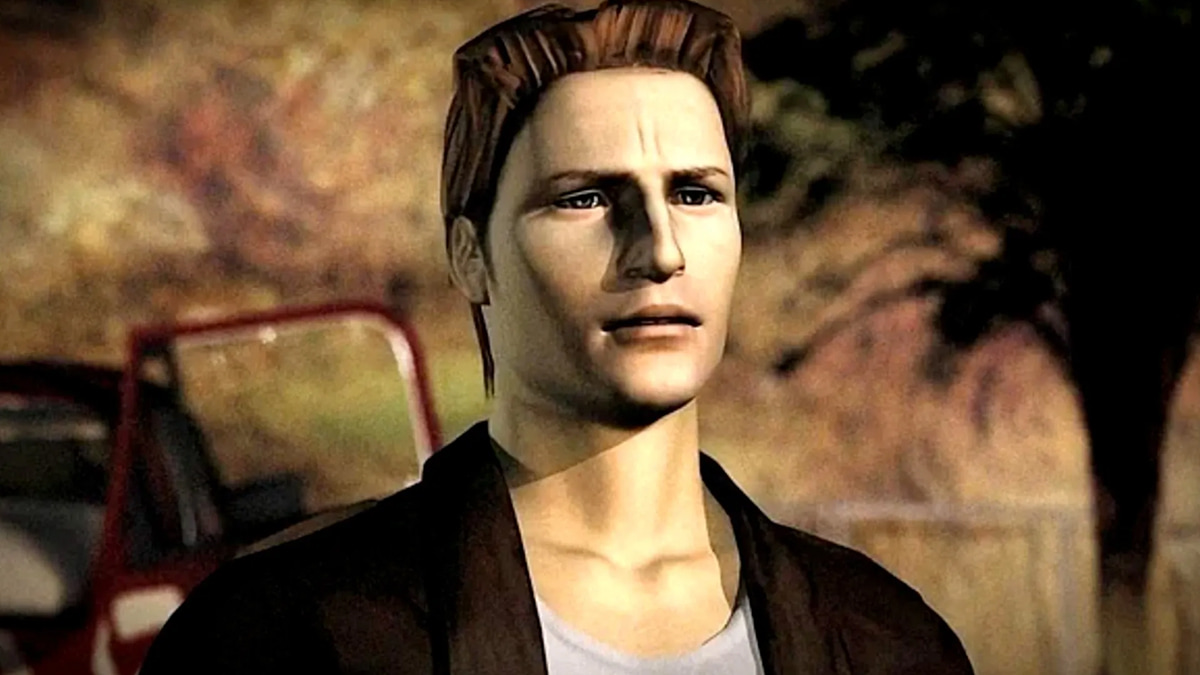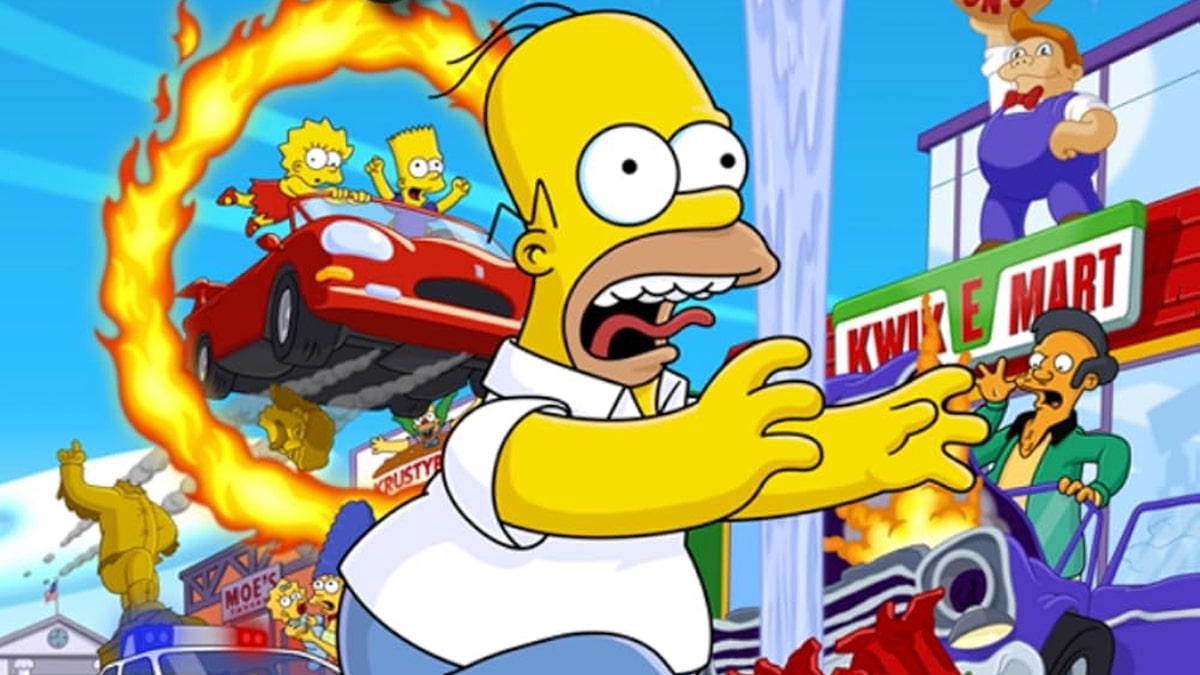You can trust VideoGamer. Our team of gaming experts spend hours testing and reviewing the latest games, to ensure you're reading the most comprehensive guide possible. Rest assured, all imagery and advice is unique and original. Check out how we test and review games here
There’s already been a huge amount of interest in Wolfenstein II: The New Colossus. Wolfenstein: The New Order was received very well, and, in a turn of events that’s now almost surprising for a big game at E3, very little was known about The New Colossus until the bumper-length trailer was revealed. Everyone then promptly went from zero to hype in 60 seconds — or, more accurately, in eight minutes and 36 seconds. It’s a very good trailer.
I recently got to play a larger chunk of Wolfenstein II, including the opening level shown at E3 and a level set in Area 51 from a little later on in the game. A weakened B.J. Blazkowicz, war veteran and now resistance figurehead, has woken up in a 1960s America that’s unlike the 1960s America we look back on today.
Jens Matthies was in the UK for half a day and spent all of it in a room in Bethesda’s London office, a circumstance that lead Bethesda staff to describe him as an ‘absolute trooper’. Jens is the director of the upcoming Wolfenstein II: The New Colossus (and its predecessor Wolfenstein: The New Order), and I got to speak to him after playing a couple of hours of an early preview build. At several points in the interview he would smile or laugh as he finished an answer: there are more things I could say, but they’re staying a secret for now.
So far it seems similar to Wolfenstein in that it’s hard, it’s kind of gory, but it’s still fun. Is there anything that’s changed?
It’s hard to quantify because on some level everything has changed, because we switched engines and rebuilt everything. But at the same time we were really happy with how the combat felt in the first game, and we felt like we’d found a really nice ‘Wolfenstein’ feel and we really wanted to preserve that. But within those parameters we polish and iterate and make it as strong as possible. So a lot of things have changed, but the goal for us is to still maintain the same feeling. And yeah, it is pretty challenging. I think a game like this should be challenging because that’s what those old school games used to be.
With The New Order you always said it was an action adventure more than just a shooter, is that what you’re keeping with for this on?
Oh yeah, for sure. We think of it much more like a The Last of Us or an Uncharted within a first person context than we would a straight up shooter.
One of the things that struck me is that it seems this time it’s very personal on both sides of the fight, with Frau Engel is taking it all very personally as well. That’s intentional?
Yeah yeah yeah. Oh yeah, for sure. And it’s the great benefit of getting to do a sequel. We always hoped we would get to do a sequel and the first one would do well enough. We had an amazing response on the first one and we’re super happy we get to do a second one. And all of the things that we thought we should put in the second one, we made sure to plant all of those seeds in the first game. So that whole arc of Frau Engel in the first game is to set her up as the main antagonist in this game, and make it really personal between them.
So you always knew if you got to do a sequel…
… she would be the main villain, yeah.
It seems like there are emerging themes of family too, with B.J. with his twins and Engel’s daughter as well, is that something that’s going to play out in the story?
Yeah. Yeah, and there are other dynamics to that too. But in terms of the relationship between B.J. and Anya a big part of it is that they are trying to — they have this idea of living an ordinary life, but they’re in such extraordinary circumstances. Any moments of normalcy they kind of have to steal, and the idea of those stolen moments is something we’ve been working a lot on.
It seems like you’re carrying on, as well, with that subversion of famous pop culture images. From what we’ve played today we’ve seen, the diner, Roswell… are you going further down that road?
Yeah. That was something that most inspired us when we sort of came up with this idea of like: what if the Nazis won? Because every other Wolfenstein was always during World War II. So we had this idea: what if they won and time had moved on a bit, so it’s not the 40s any more it’s like the 60s? And then [Jens makes an explosion noise for emphasis] explosions happened inside our minds, and we were like ‘Oh my god we can do this amazing twist on all this stuff that happened culturally during the 60s’, which was immense in the West and especially in the US. So we had this strong idea that we would do this Nazi subversion of Americana already, way back when in 2011, but we knew we couldn’t really do it in a level in the first game. Like, that has to be its own game. So we always wanted to do it in the sequel, and finally we got to do it.
It’s sort of touched on in The New Order as well, but with this you have the chance to touch on some difficult themes — so in the New Order there’s the level in the labour camp, for example — is it going to push the envelope a little bit more in this game as well?
In some ways yeah, for sure. On one level there is a lot of dark humour in the game, but there’s also a lot of dark, right? I can’t really go into details because I’ll be spoiling too much. But yes, it goes to some pretty dark places for sure.
It did surprise me how funny it is, actually, at the same time as being dark. Has it been difficult trying to balance keeping it funny as well?
It’s a tightrope walk. You want that sort of creative fearlessness because I think it’s so key to what a Wolfenstein game should be. But at the same time it needs to feel grounded enough so you don’t lose your suspension of disbelief when you’re in the game. That’s the kind of challenge that we really enjoy, that’s what makes it interesting as a creative to work on it.
Obviously since The New Order world politics have changed a lot as well, and I was seeing references to propaganda and the White House working with the press and things like that, but then with the first trailer there was kind of a pushback from a minority of players about having a black female character… how much are you guys aware of that?
It’s not that we’re not aware of it, and for sure there’s the occasional joke in the game, but that’s not really why we’re making the game. For us the themes that we’re dealing with we feel are pretty timeless, and if they are relevant to reality at the same time then that’s evidence of their timelessness, you know? That’s how we look at it. We’re not in it to make any kind of social commentary on the current state of affairs, it’s more about what we think is the best for the game.
Grace seems like a really cool character, anyway.
Yeah I love all our characters. We’ve been so blessed with our cast too, they’re just so amazing. So Deborah Wilson, the actor playing Grace, she’s amazing. Grace is a very interesting person…
Have you still got quite a few cards close to your chest, then? It’s been so quiet up until the announcement!
It’s the kind of game where you have the best experience the less you know. If you go in and don’t know anything — ideally, perhaps, having played the first game — but going in with no knowledge of what’s going to happen will be the best experience. But at the same time, of course, you have to show what the game is about, so that’s a bit of a balance to strike there. But the more spoiler free things are, the better.
How do you choose, then, which bits of the game to show off, as well as showing that it’s a shooter and it’s got those story elements?
Yeah, it’s incredibly hard, because our games have always been like this. They’re incredibly hard to condense into a showpiece that captures everything. I think if you look at the first game, and you were to randomly select a level out of that, it wouldn’t be representative of the whole. So we try, early on, to try and figure out which levels we want to show, and try to make sure the story converges into those spots so it’s as representative as it can be, but it’s still never fully representative. The game as a whole is a different animal.
I spent a lot of time just listening to conversations, and there’s a tension between people having to live in this world and then some Americans who seem to have taken to it quite easily as well.
That’s why, I think, if you do an honest attempt to reflect what the Nazis were about — and I’m not saying our game is realistic because it’s clearly not, but in terms of accurately representing the concept we work a lot with trying to justice to that — I think why people are able to sort of relate to the threat of the Nazis is because everyone is susceptible to it. Like the people of Germany, that was a whole people! And that means it can happen anywhere, at any time, so I think that’s what makes it interesting.
This interview was edited for clarity
Wolfenstein: The New Order
- Platform(s): PC, PlayStation 3, PlayStation 4, Xbox 360, Xbox One
- Genre(s): Action, First Person, Shooter
